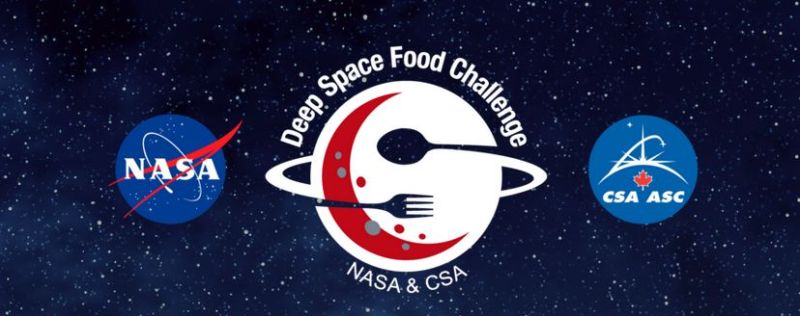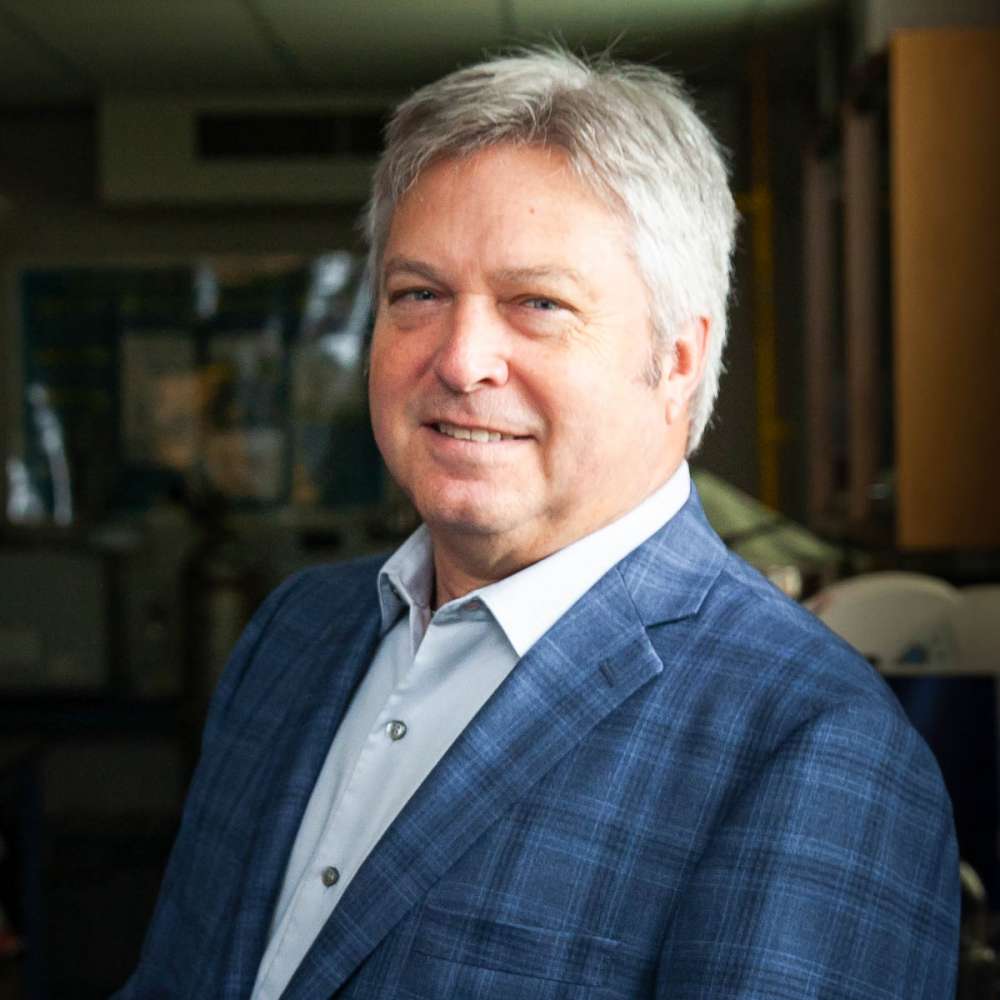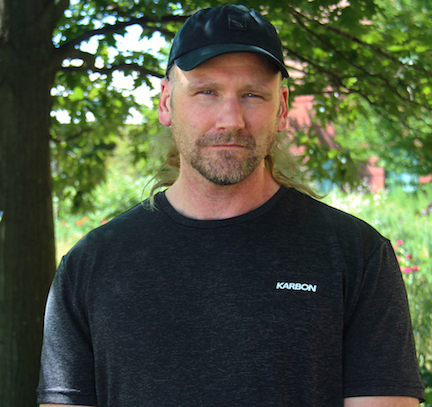
A University of Guelph entry in the Deep Space Food Challenge has advanced to Phase 2 of the international contest, which aims to find new ways to grow food in space.
The U of G entry, called Canada GOOSE, or Growth Options for Outer Space Environments, consists of a plant-growth chamber with environment control technology that can produce high yields of fruits, vegetables and mushrooms.

The design team from the School of Environmental Sciences (SES) led by Dr. Mike Dixon draws on expertise from the Controlled Environment Systems Research Facility to create ideal growing conditions within the system. Details of the design are being kept under wraps as the competition continues.
While the plant-growth chamber can be used to supply fresh food for astronauts, it could also be installed in remote areas or harsh environments on Earth to improve food security.
Each entrant in the Deep Space Food Challenge must create a food system that provides a variety of palatable, safe and nutritious foods and requires no resupply from Earth for months or even years.
GOOSE was one of 10 Canadian teams awarded $30,000 prizes chosen by an 11-member judging panel assembled by the Canadian Space Agency (CSA).
Dr. Thomas Graham, an environmental sciences professor who co-chairs the jury with Canadian astronaut Chris Hadfield, was among the panelists.

Graham has spent 25 years in space-related research and outreach, including a three-year post-doctoral stint at NASA. Currently, he is collaborating with Dixon on a CSA-supported project intended to grow plants on the moon by 2024-25.
Other U of G members of the jury include Dr. Lawrence Goodridge, a professor in the Department of Food Science, and Dr. Cara Wehkamp, U of G’s special adviser to the president on Indigenous initiatives and an SES doctoral grad.
U of G researchers have worked with the CSA and other international space agencies for decades in the research field of growing food for life support systems.
The research has applications here on Earth as well. Studies of LED lights intended for use in space, for example, have helped to revolutionize lighting in greenhouses and indoor vertical farms.
NASA has selected 18 U.S. semi-finalists of its own for the challenge. Together, NASA and CSA have also selected 10 international submissions.
A NASA TV show presented the winning entries earlier this week, with appearances from veteran cooking show host Martha Stewart and retired NASA astronaut Scott Kelly.
Together, all 38 semi-finalists have been invited to take part in Phase 2 of the challenge. Phase 2 is a kitchen demonstration where participants will build a food production technology prototype and use it to provide samples of food outputs for the judging panel.
Four Canadian semi-finalists will be selected from that phase to receive $100,000 at the Phase 2 finals next fall.
The final phase will see the entrants scale up their proposed solutions over a 12 to 18-month period. The grand prize winner will then be decided in fall of 2024, and awarded $380,000.